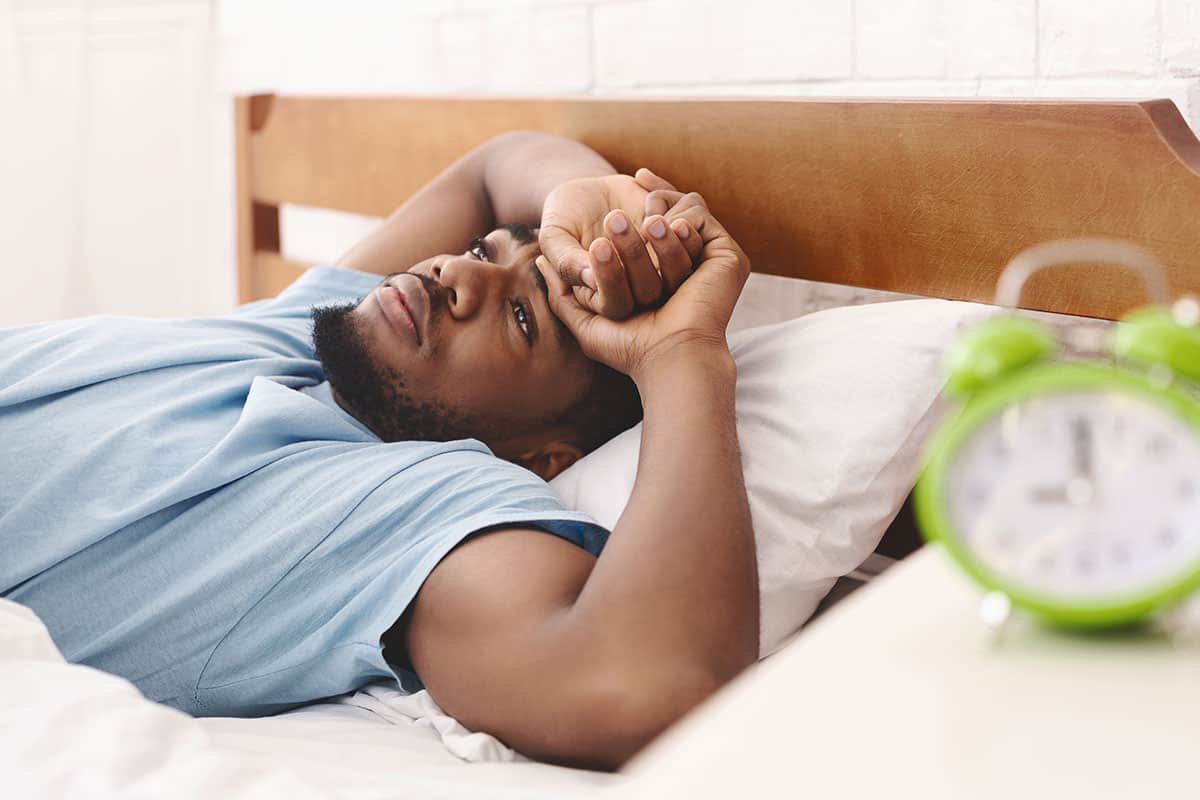Sleep Apnea
Better Sleep leads
to a Happier Life!
Helping The Woodlands Get the
Restful Sleep They Deserve
An estimated 22 million Americans struggle with a more extreme, dangerous snoring condition, known as Obstructive Sleep Apnea. In this case, your airway becomes blocked, causing you to stop breathing. This can happen hundreds of times a night! (It’s no wonder you wake up feeling tired and irritable.) The team at Huet Dental can evaluate you to identify common signs of this condition.



